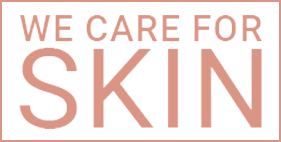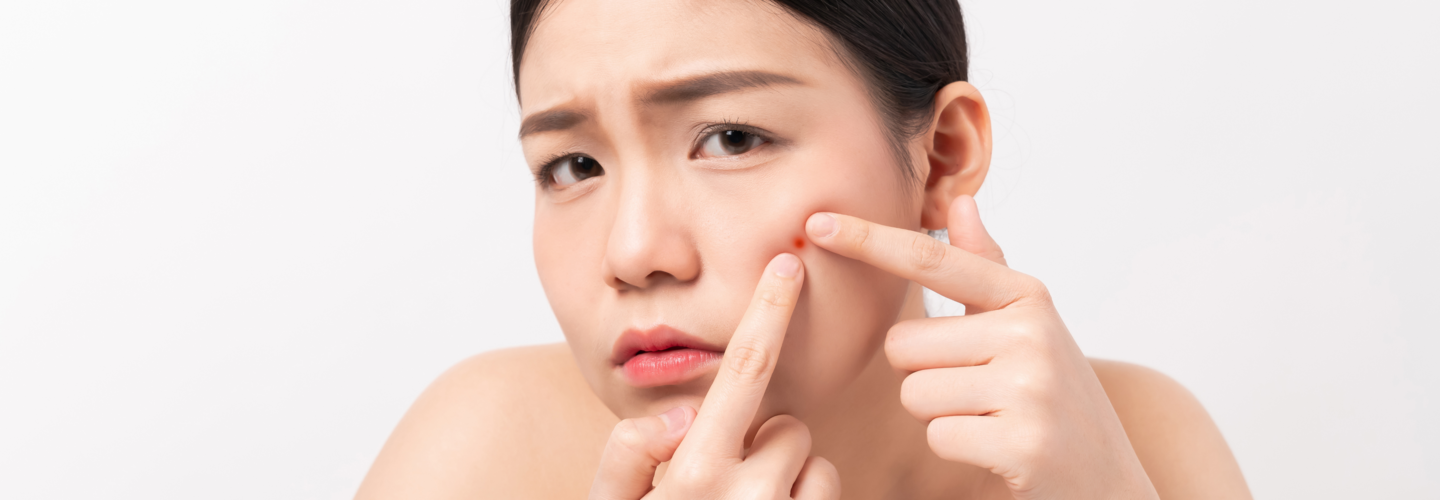When talking about acne, you might think of the ones you get during your teenage years. However, due to various factors involving genetics, stress, and pollution, acne can flare up or develop again. Read along if you want to see a few tips on how to effectively control pimples and avoid those pesky breakouts.
What Causes Acne
Acne is a kind of inflammation that develops on the skin, commonly on the face, back, chest, and shoulders.
Generally, the skin contains oil glands, skin cells, and hair follicles. It is normal for the skin to produce oil or sebum, as well as shed dead skin cells around hair follicles. However, all these can stick together inside your skin’s pores. A concoction of sebum and dead cells under the skin makes bacteria thrive and cause inflammation. And yes, the redness and bumps created here would be acne.
Teens and young adults commonly deal with this skin problem as this is a period where acne is exacerbated by the body’s hormonal changes. Individuals in their thirties may notice significantly less acne, but this is not always the case. Depending on one’s genetic predisposition, lifestyle, or hormonal balance, even people up to their forties and fifties may struggle with acne.
Different Types Of Acne
Acne can appear as different types of lesions on the skin. It can be seen such as the following:
-
Blackheads and whiteheads. Non-inflammatory acne like blackheads and whiteheads develop when pores get clogged with sebum and dead cells. However, these do not have much swelling and can be managed with over-the-counter topical treatment.
-
Inflammatory acne. The more noticeable bumps and redness on the skin develops similarly to blackheads and whiteheads. But this time, bacteria proliferation plays a larger role, leading to the accumulation of pus and redness.
-
Papules. These small bumps on the skin differ from inflammatory acne because they do not contain pus.
-
Cystic acne. These look like pus-filled lesions that develop deeper into the skin. Plus, these are unique as they are commonly painful and tender.
Tips To Control Pimples
Sometimes, improving simple habits and channeling a healthier routine makes a huge difference in your management of pimples. You can control pimples by following and incorporating these tips into your daily routine:
1. Make sure to keep your face clean
As mentioned, the proliferation of bacteria, accumulated dead skin cells, and too much sebum can lead to acne. So, keep your face free from this debris by washing it with a gentle cleanser and warm water twice a day.
Keep in mind that too much cleansing is harmful as well. Avoid washing too much a day can lead to stripping of the natural oils of the skin. Plus, do not use harsh washcloths or exfoliating gloves. Be very gentle and make sure to use a clean towel to dry your face.
2. Keep moisturizing
The skin always needs its daily dose of hydration. Moreso, you need to use a moisturizer if you apply acne medications. Anti-acne products may contain ingredients that dry the skin, so you need to bring the moisture back.
Watch out for moisturizers that might cause you more acne flare-ups. Heavy and oil-based lotions can further clog the pores and lead to acne flare-ups. Instead, look for glycerine and hyaluronic acid in the moisturizer’s ingredients. Look for the label “non-comedogenic” as this means that the product would not cause acne formation.
3. Check out some over-the-counter anti-acne products
Nowadays, anti-acne products and remedies become more and more accessible. You will always see some over-the-counter anti-acne products whenever you visit a pharmacy or beauty store.
If you want to check out some topical acne treatments, look for these in the ingredients of the product:
-
Benzoyl peroxide. This ingredient can kill a wide range of acne-causing microorganisms. It also unclogs pores by breaking down the debris that accumulates inside. With a combination of these actions, benzoyl peroxide can soothe irritation and redness associated with inflammatory acne.
-
Salicylic acid. Cleansers, toners, and spot treatments may contain salicylic acid. This ingredient exfoliates and penetrates the skin’s pores to ensure that existing acne calms down. Moreover, it can prevent new breakouts as it regulates sebum production.
-
Retinoids. This ingredient prevents the formation of new lesions. Retinoids boost the turnover of skin cells, improve collagen production, and make the skin appear brighter.
These ingredients can work synergistically to help control pimples. So, make sure to find a product that works best for your skin type and not aggravate your current skin condition.
4. Never pop your pimples
Large, pus-filled pimples may be irresistible to pop. Have some self-control and do not pop your pimples, no matter what! When you pop pimples, they may bleed and lead to worsening of the inflammation. There may be further ingress of microorganisms into the pimple, causing it to be clogged and reinfected. If you are lucky and no microorganisms proliferate on the open wound, your next concern would be the scar that can be left behind from the trauma of popping a pimple.
5. Watch out for using too much makeup
Some would prefer to cover their bumps and redness with makeup. This may be a quick coverup, but in the long run, makeup can lead to worsening acne breakouts. Heavy and greasy makeup products can further clog the pores and cause flare-ups of acne. Avoid piling on too much foundation and powder to let your pores breathe.
If you cannot skip makeup entirely, it is best to choose water-based products labeled to be hypoallergenic and non-comedogenic. And at the end of the day, wash off all your makeup and keep your skin clean before going to bed.
6. Protect your skin from the sun
Sun protection can also help control pimples. UV rays from the sun can cause hyperpigmentation, redness, and further inflammation. Some topically-applied acne medications cannot be exposed to too much sunlight due to sensitivity.
Always put on your sunscreen containing at least SPF30. It is best to reapply sunscreen every three hours especially if you are sweating or under direct sunlight for a long period of time. Keep yourself shaded during the peak of intense heat during the day, which is between ten in the morning and four in the afternoon.
7. Eat a skin-friendly diet
Your diet also translates to the health of your skin. Control pimples by avoiding greasy, oily, and dairy snacks and add more vegetables to your diet. Eating less sugar and carbs may result in decreased acne breakouts. However, if you are uncertain, you can keep track of the food you eat and correlate it with the times you had the worst breakouts. This way, you can pinpoint what food type may influence your acne.
Still, eating a balanced diet is generally advised to keep yourself healthy, not just your skin! Make sure to drink enough water as well to hydrate the body. You need to boost your water intake if you sweat a lot after an intense workout or if you are staying in a hot environment.
When Needed, Consult A Dermatologist
Even with the many accessible and over-the-counter products available for controlling acne, this increases the likelihood of doing more harm than good to your skin. The continued use of the wrong product can aggravate breakouts or delay the healing of inflammation.
Instead of doing this trial-and-error style, it may be time for you to consult a dermatologist. Consult a professional if you have moderate to severe acne that does not resolve with simple over-the-counter products. You can also seek their help if you develop acne scarring because they will recommend professional treatment for minimizing these lesions.
Furthermore, dermatologists make sure to give a diagnosis of your condition and make a treatment plan for it. They may prescribe oral medications for acne like antibiotics or retinoids. And, these will all be safe as long as you follow the prescriptions. Expect significant improvements and healthier skin with the help of a dermatologist.
Conclusion
Acne can surely get in the way of having flawless skin. And if you are suffering from these bumps and redness, you can follow simple tips to make sure that they do not flare up. Keep your skin clean, use the right anti-acne products, adequate sun protection, and much more. And do not forget that a dermatologist can help you whenever you feel like other means to control pimples do not work for you.
References:
-
https://www.wecareforskin.net/articles/acne-101-acne-face-map-and-solutions
-
https://www.webmd.com/skin-problems-and-treatments/acne/10-tips-for-preventing-pimples
-
https://www.webmd.com/skin-problems-and-treatments/acne/features/acne-lifestyle-changes
Article Reviewed by: Dr. Mary Amy Fatima Cagayan Chua


